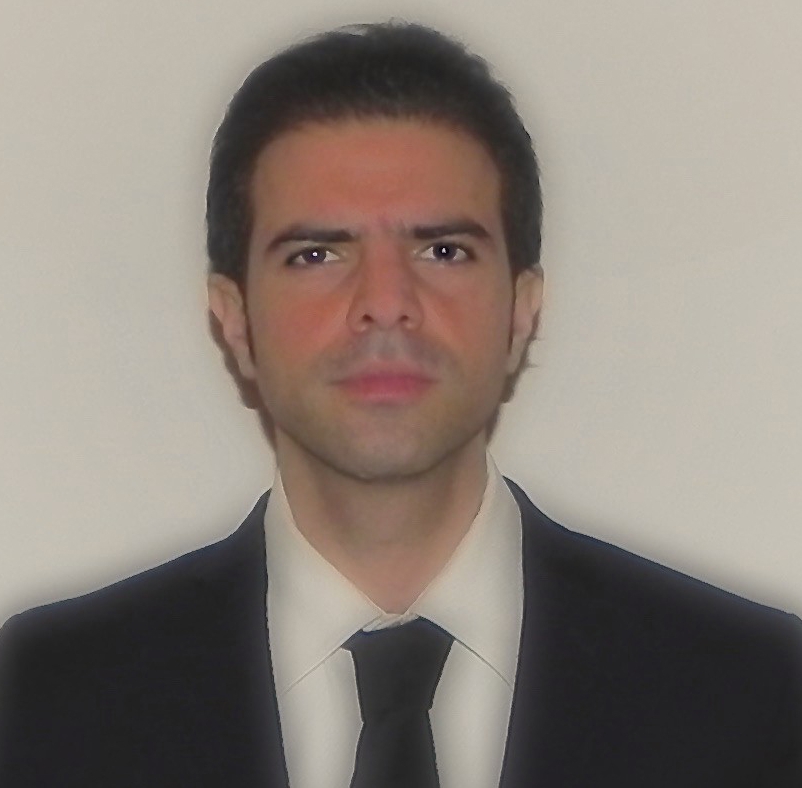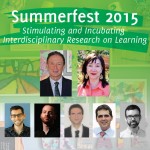Introduction to Matlab & using Matlab to program cognitive experiments with Cogent 2000

Registration closed.
Abstract
Matlab is a platform allowing for robust use in scientific computing. Workshop attendees are introduced to the programming language used in Matlab in a fast-paced yet user-friendly manner, requiring no previous computer programming experience. Attendees with previous programming knowledge can benefit from this course as well and are encouraged to attend. The two-day course features hands-on training with practical exercises and provision of exemplary computer programs that are focused particolarly towards experimental use in cognitive science. Cognitive experiments typically require the use of computers for the purposes of presenting the experimental stimoli and measuring behavioural responses such as ratings and reaction times. By the end of the course, attendees have learned how to create programs that implement cognitive experiments by presenting sounds and pictures and recording keyboard input. The additional specialized software to be used is the free Matlab toolbox COGENT 2000 (UCL), which is one of the most standard freeware packages used by cognitive scientists today. COGENT 2000 features accurate timing and offers great flexibility in presentational capabilities. The course can also serve to prepare attendees for further learning using Matlab in data-analysis and shoold be a prerequisite for people with no previous programming experience that are interested in attending the EEGlab and SPM workshops planned.
Course structure
DAY 1
- Introduction to Matlab
- Fundamental Programming Concepts
- Interpreting the Matlab Screen
- Basic Matlab Commands
- Symbols and Principles
- The Structure of a Matlab Program
- Matlab Variables & Commands
- Matlab “built-in” commands
- Variable Types
- Variable Management Commands
- Usefol Commands Related to Numbers
- Usefol Commands Related to Text Strings
- Loop Implementing Commands
- Commands for Reading from Files and Writing to Files
- Writing Matlab Functions
DAY 2
- Introduction to Programming Cognitive Experiments
- COGENT 2000
- Setting-Up
- Configuring the Display
- Configuring the Sound
- Configuring the keyboard
- Operating COGENT 2000
- Presenting Pictures with COGENT 2000
- Logging Responses with COGENT 2000
- Programming Cognitive Experiments
- Programming a Questionnaire
- Programming a Simple Cognitive Task
- Triggering and Monitoring External Maschines
About the speaker
Dr Stavros Skouras is a postdoctoral research collaborator in the ‘Biological Psychology and Music Psychology Group’ of the Cluster of Excellence ‘Languages of Emotion’ at Freie Universität Berlin. He is interested in affective neuroscience using functional magnetic resonance imaging and advanced connectivity analyses. For the past four years he has been teaching ‘Applied Programming’ in the ‘Social, Cognitive and Affective Neuroscience MSc’ course of Freie Universität Berlin and is an expert in programming cognitive experiments. His research is focused on the patterns of neural connectivity in various emotional states elicited through musical stimulation and in special needs education. He possesses a PhD in Affective Neuroscience from Freie Universität Berlin, a MSc in Applied Cognitive Science from the National Kapodistrian University of Athens and a BSc in Artificial Intelligence and Psychology from the University of Edinburgh.



